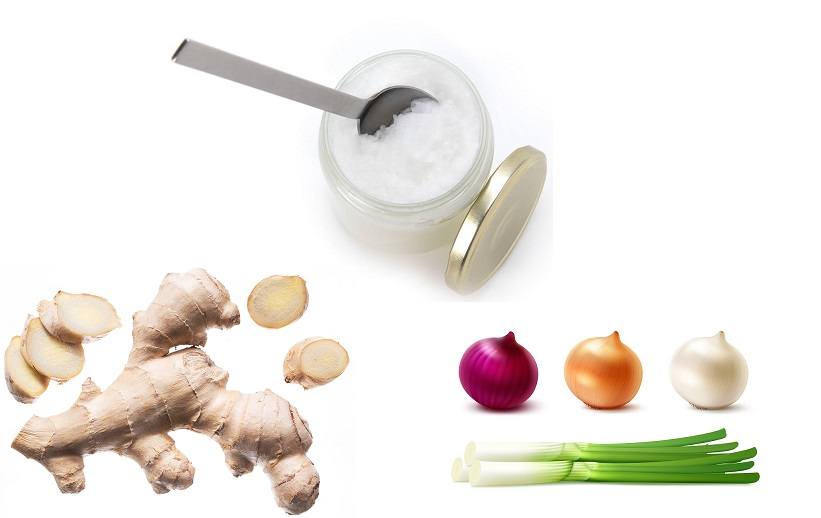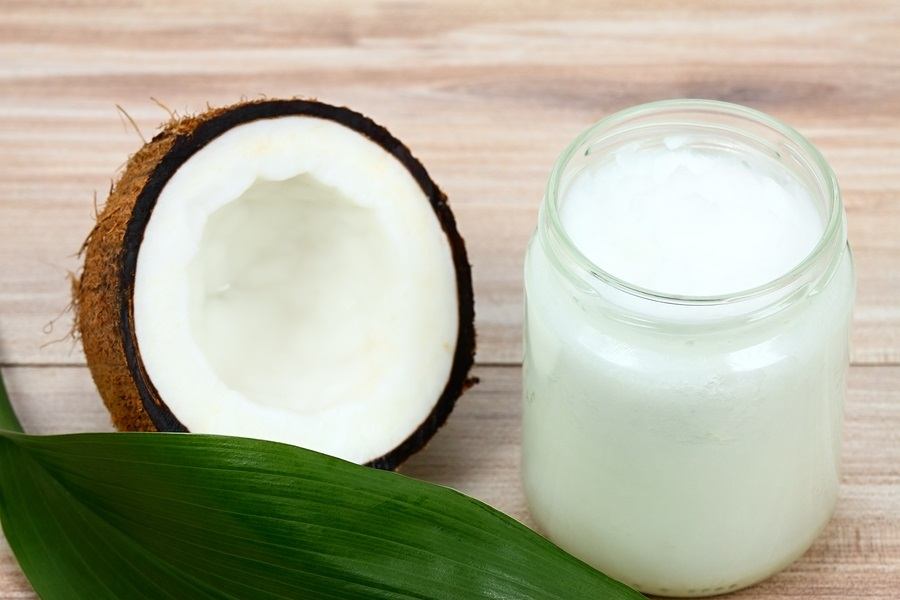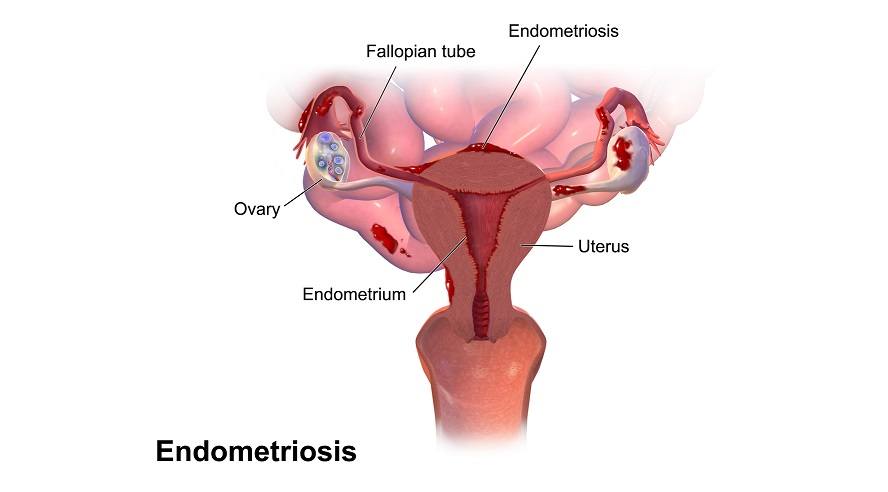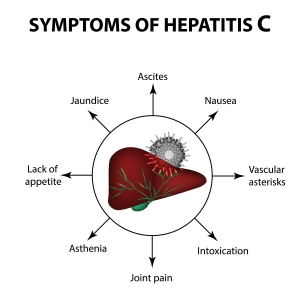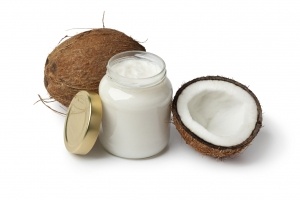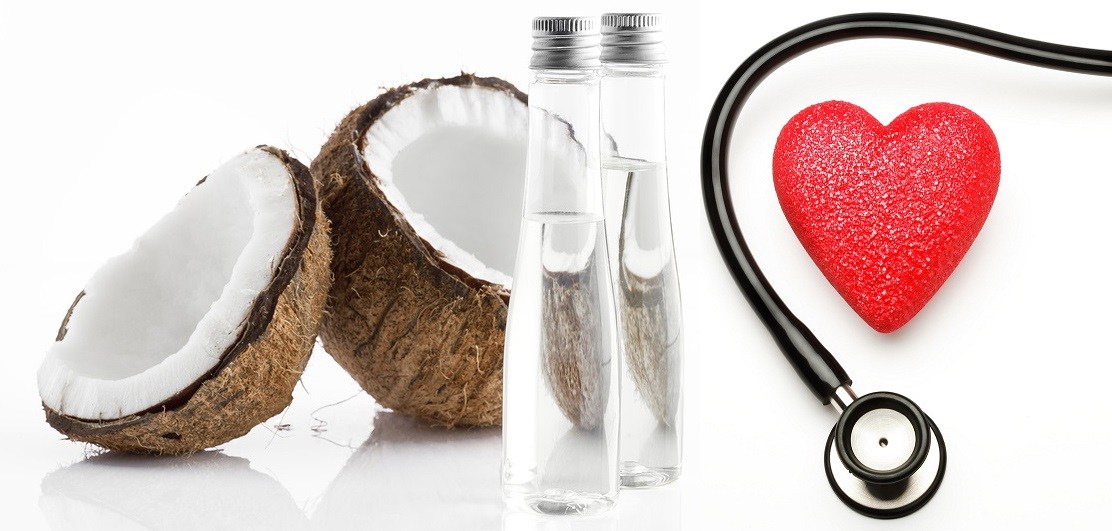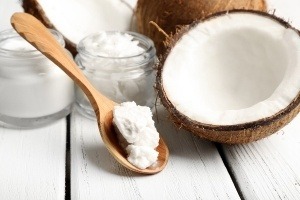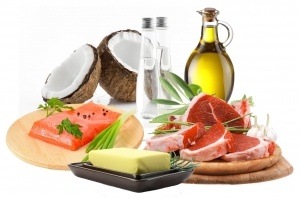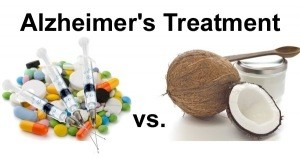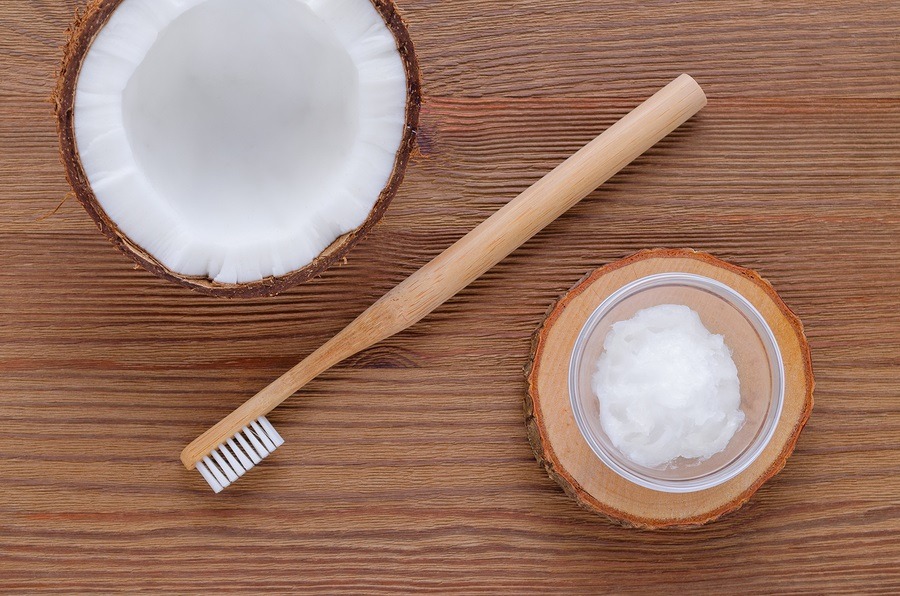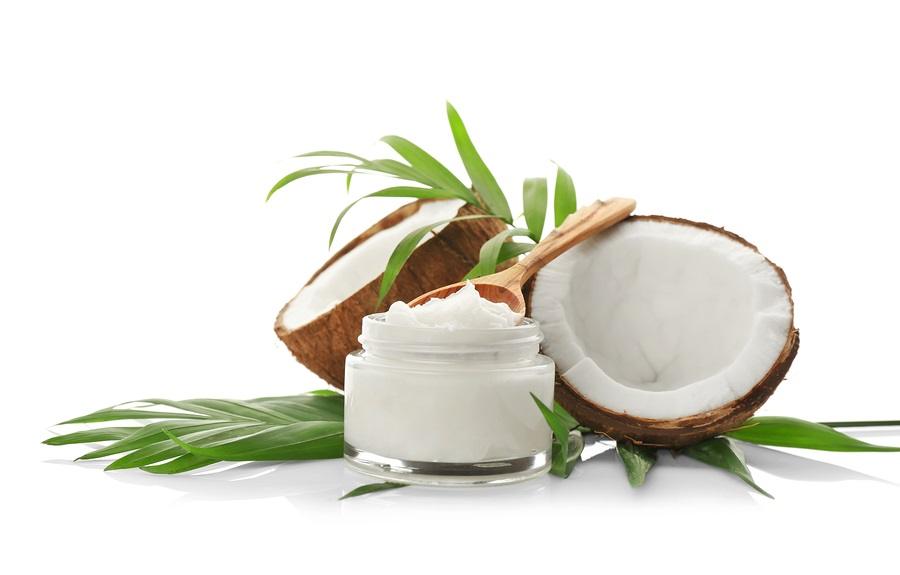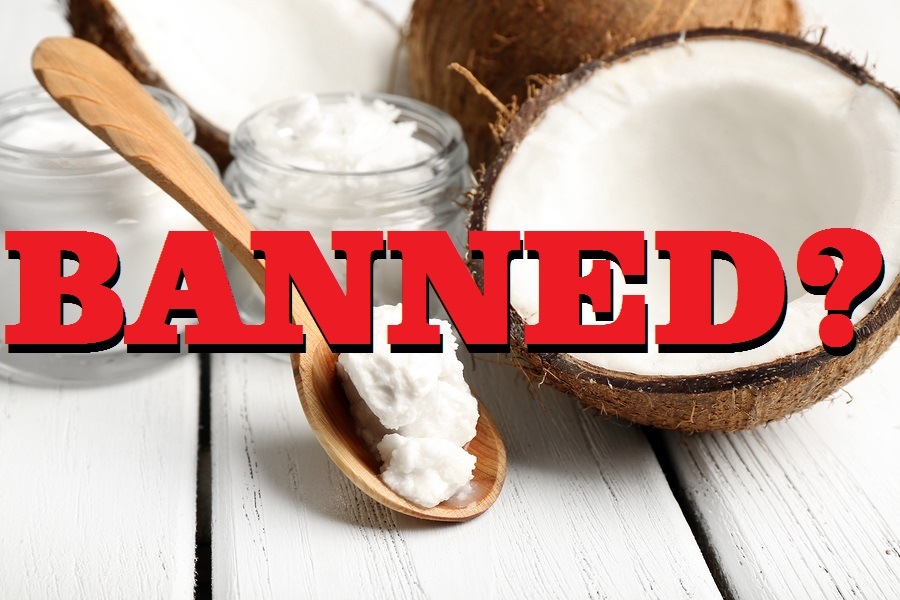The High-fat Ketogenic Diet for Cognitive Health: Proven Remedies for the Alzheimer’s Epidemic
The failure of Big Pharma to develop an Alzheimer's drug has been well-documented in the corporate-sponsored "mainstream" media. As Alzheimer's diagnoses continue to increase, drug companies are scrambling to develop the next big drug to market to seniors. In modern times, the most successful drugs in sales, so far, have been cholesterol-lowering statin drugs, as one out of every five people over the age of 50 are now taking drugs to lower one's cholesterol, raking in billions of dollars for pharmaceutical companies. The sick irony to this is that lowering one's cholesterol artificially is directly linked to declining cognitive health and diseases such as Alzheimer's, since 25% of one's total cholesterol is located in the brain. The failed scientific hypothesis behind these drugs is that cholesterol is a cause of heart disease, and that diets high in saturated fats contribute to high cholesterol. However, the actual science shows almost the opposite, and when one looks at death rates, for example, lower cholesterol rates do not equate to longer life - in fact the converse is true: higher cholesterol levels lead to longer life spans. The pharmaceutical industry and the U.S. government cannot afford to reverse their warnings against saturated fats and cholesterol, however, as it would be the same as confessing that the entire statin drug industry has been a scam, and that statin drugs actually cause more harm than good. This is the main reason why the USDA must continue supporting a low-fat diet and condemning saturated fats, even though the science does not support their positions. It is no surprise, therefore, to learn that peer-reviewed scientific studies continue to show that the high-fat ketogenic diet supports cognitive health and can help prevent or reduce cognitive diseases such as Alzheimer's. Here are four new studies just published on the high-fat ketogenic diet related to cognitive health, and preventing Alzheimer's Disease.




